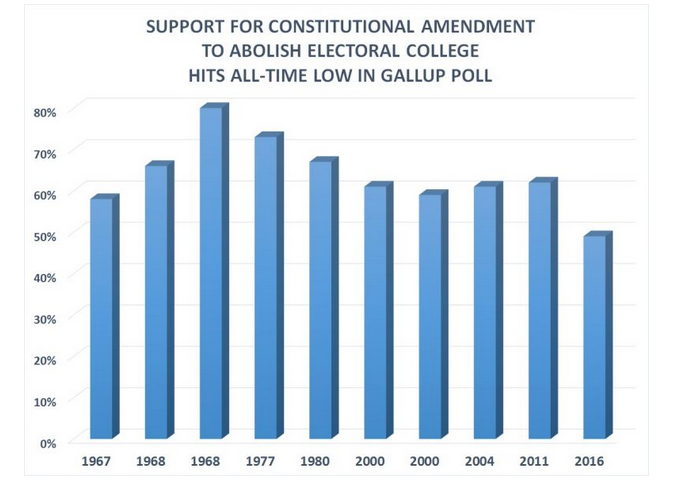According to Investopedia:
A FICO score is a type of credit score created by the Fair Isaac Corporation. Lenders use borrowers’ FICO scores along with other details on borrowers’ credit reports to assess credit risk and determine whether to extend credit. FICO scores take into account various factors in five areas to determine creditworthiness: payment history, current level of indebtedness, types of credit used, length of credit history, and new credit accounts.
Yesterday The Federalist posted an article about how the Trump economic policies have impacted the FICO scores of Americans.
The article reports:
Americans’ average FICO score has hit an all-time high of 706 on the personal credit rating scale. Ethan Dornhelm, the vice president for scores and analytics at FICO, told CBS News that a score of more than 700 basically qualifies individuals for just about any credit at favorable terms.
FICO scores range from 300 to 850. A score above 700 is considered great, and a score above 760 is considered excellent. This high national credit score may be largely attributed to the strong economy, with its historically low unemployment rate, and the Tax Cuts and Jobs Act.
“This record-long stretch of economic growth has helped minimize reliance on debt to pay the bills,” said Joel Griffith, a research fellow at The Heritage Foundation. “Low interest rates help ensure a greater portion of loan payment goes to paying down principal rather than merely making interest payments.”
Creditworthiness is now increasing, which means Americans have the ability to rely on their paychecks, not just borrowing from their futures, to fulfill their financial obligations.
Americans’ average FICO score hit a low during the financial downturn of 2008, with a score of 686. After the recession passed, the nation’s average FICO score continuously grew.
Is giving Americans more access to larger lines of credit such a good thing? According to Griffith and Federal Reserve Bank data, U.S. household debt is also declining. Even now that Americans are able to take on more debt, they are not. They’re paying off their credit cards and increasingly lowering their other debt.
Unfortunately, this national accomplishment has not been a topic discussed among 2020 Democratic nominees. Why have the Democratic presidential candidates shied away from talking about the economy? Because, they call for an economy that “works for everyone,” when the current system is working for more people than ever before.
A Gallup poll shows that 88 percent of Americans believe the current U.S. economy is either “fair,” “good,” or “excellent.” That’s because this economy has provided 5.1 million new jobs and dropped the unemployment rate to 3.7 percent — the lowest rate in nearly half a century.
Leadership and economic policies make a difference to ALL Americans. The tax cuts and economic policies of President Trump have ‘worked for everyone.’ The government cannot create an economy the ‘works for everyone’ by taking money from people who earn it and giving it to people who did not earn it. An economy that ‘works for everyone’ is created when everyone has the opportunity to find a job or start a company and create their own success.




